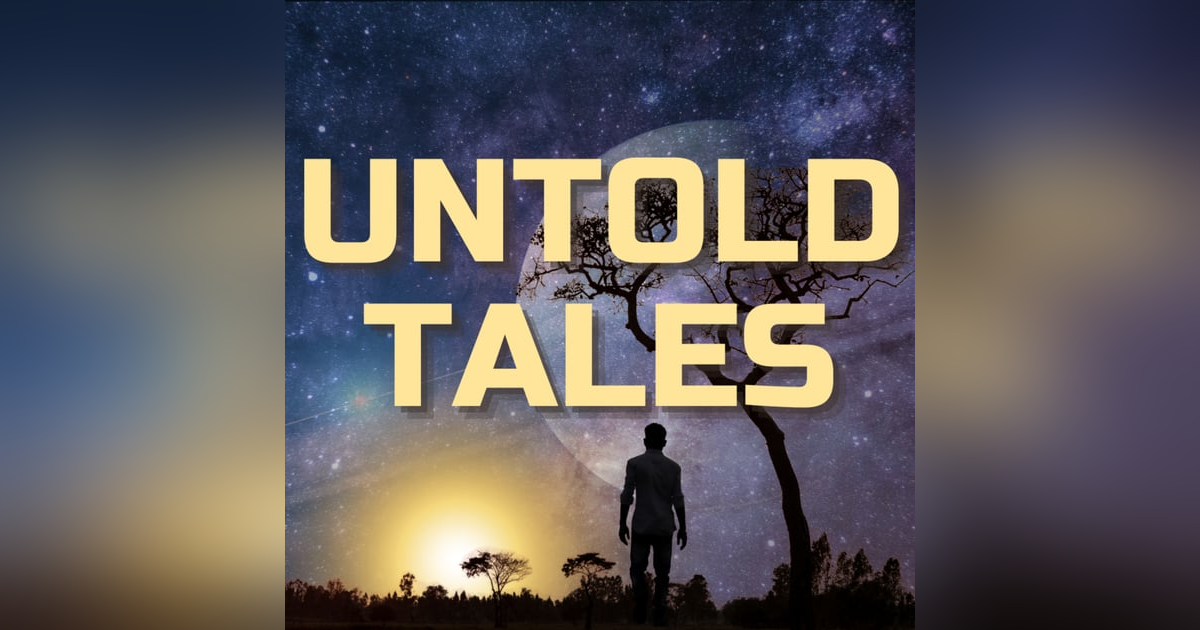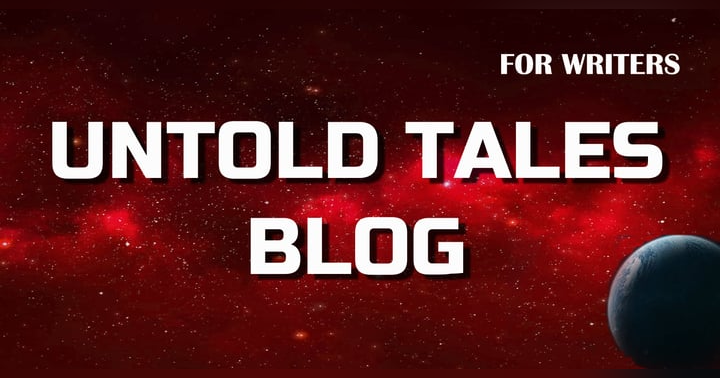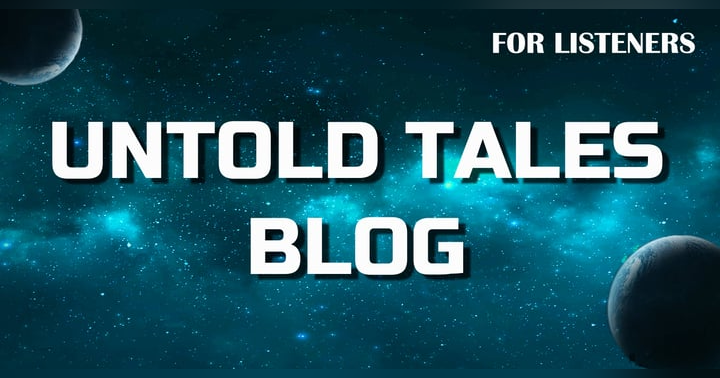Idea Sources: Not A Secret

If you’ve been known as a writer among more than two persons for at least 19 minutes, you have been asked: “Where do you get your ideas?” Or you may have been asked the passive-aggressive “I am dismissing your claim in an offhanded manner” version: “Where do writers get their ideas?” There are more annoying questions, but few that have such a daunting capacity to take the wind out of creative sails and make rags out of them. Why, I hear one of you ask? Because it makes the whole process of writing seem like a common transaction, a check-out at the cashier rather than an adventure into imagination and will.
I used to reply that I got my ideas out of Playboy centerfolds. That usually got me a chuckle or three, a brief digression into how Playboy was once the highest-paying fiction mag in the U.S., but inevitably returned to having the question asked again. Not a smart strategy, since it was like having the doctor probe my prostate, chat with me about something nifty, then go back in because he forgot what he palpated in the first place. Squirm, if you must. If you lack a prostate (some of the best people I know do), replace “probe my prostate” with “use the speculum”. I aim to be inclusive.
Ideas are not “objects” to be found: they are wisps to be captured. Ideas aren’t “found” anywhere: they are gathered everywhere. Ideas can emerge as complete as a Gothic cathedral or as amorphous as amoebas. And to push similes to the breaking point, some ideas that seem great have no real utility, like a Gothic cathedral, and others that seem too small to be of any use encompass whole universes of complexity, like amoebas. And can eat your brain.
That was what my wife calls an example of me taking some ideas a leetle too far.
Writers live and die by their ideas. Execution means nothing without a worthy idea, and great ideas mean nothing without execution. The reason I state it that way, with execution first, is that execution means having a consistent way of capturing, seeing, identifying, creating, and evaluating ideas first. The people who wait for ideas to pop into their head, like random gifts, are not writers: they are waiters. The true writers among us know that ideas have to be pursued, hunted, crafted, and remembered. Only then can further execution, the process of diving deep into the adventure of imagination and will, begin.
Some writers swear by the legendary notebook, recording jots and notes until from the chaos comes clarity. Others let the ideas flit into and through their minds, playing with the constructs until one coalesces and is chosen. Both methods merge into that magical yet over-rated notion of “inspiration.” And both methods are capable of developing ideas that can power through a keyboard or pen to the printed page.
So where does a writer get their ideas? Same place as everyone else. But the true writers work harder at it.









